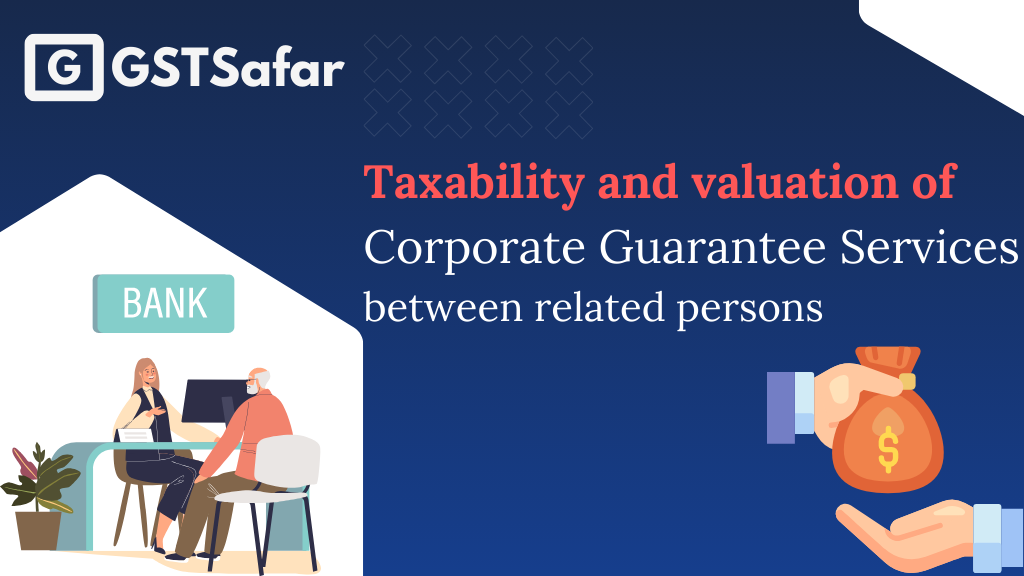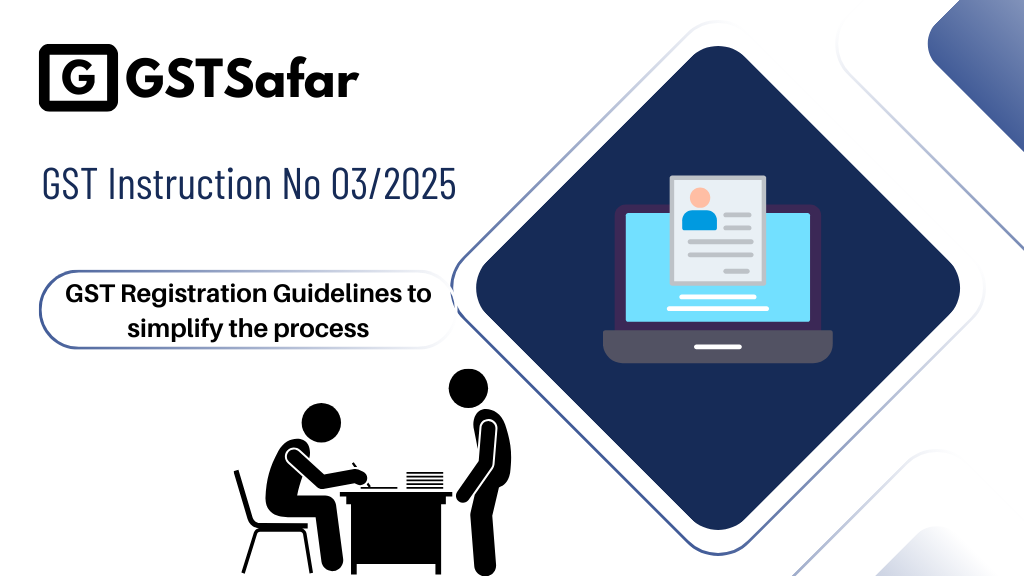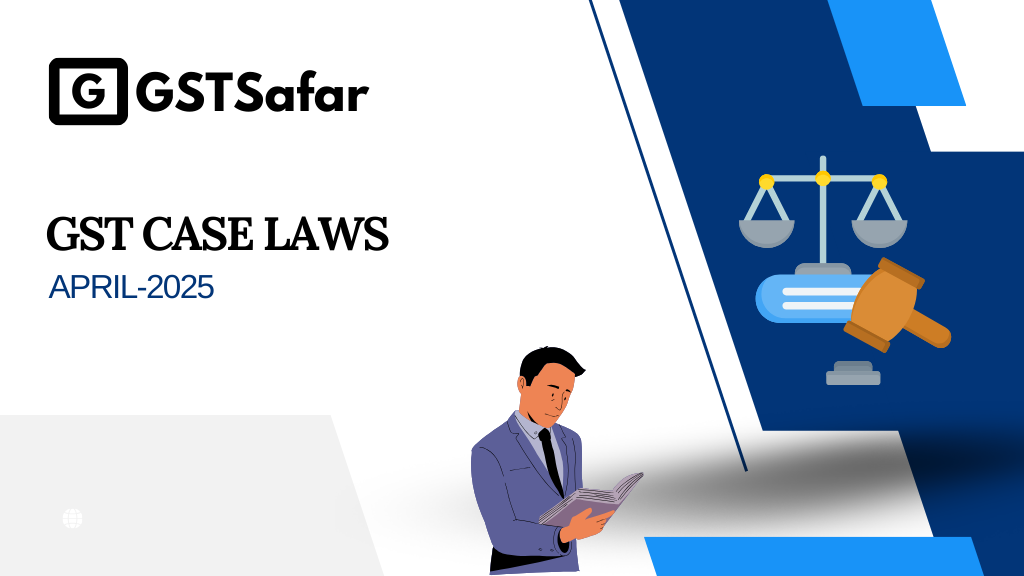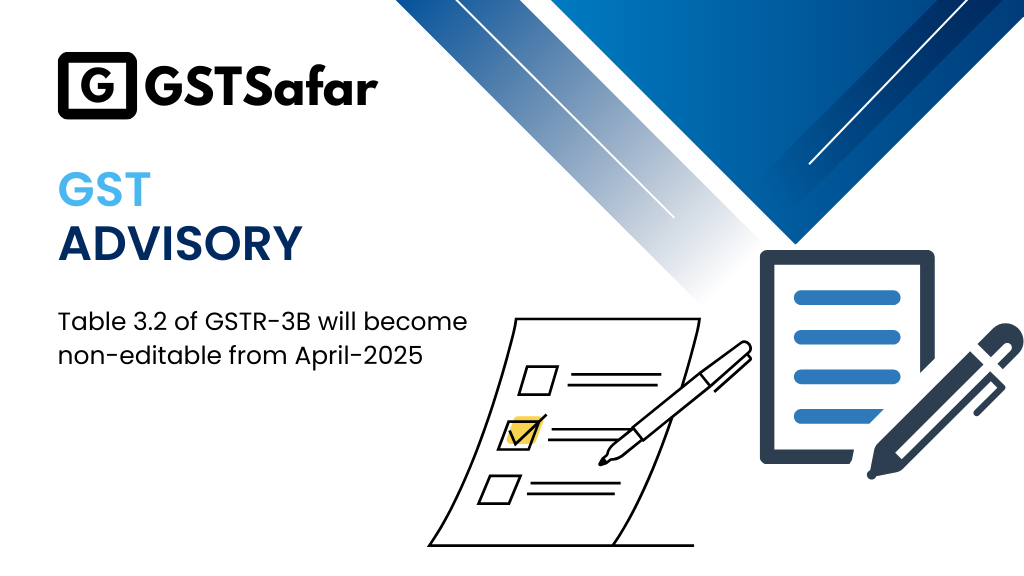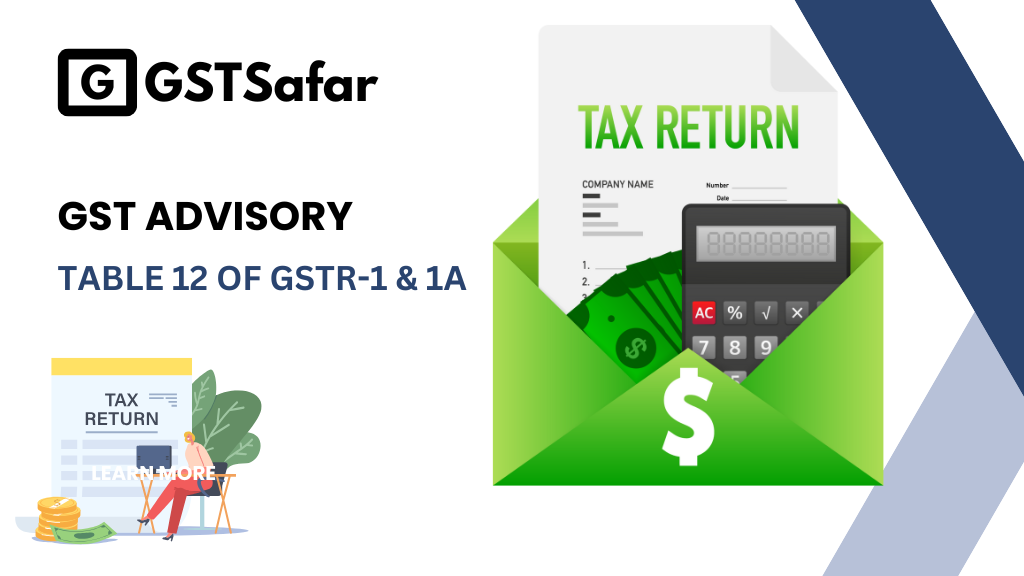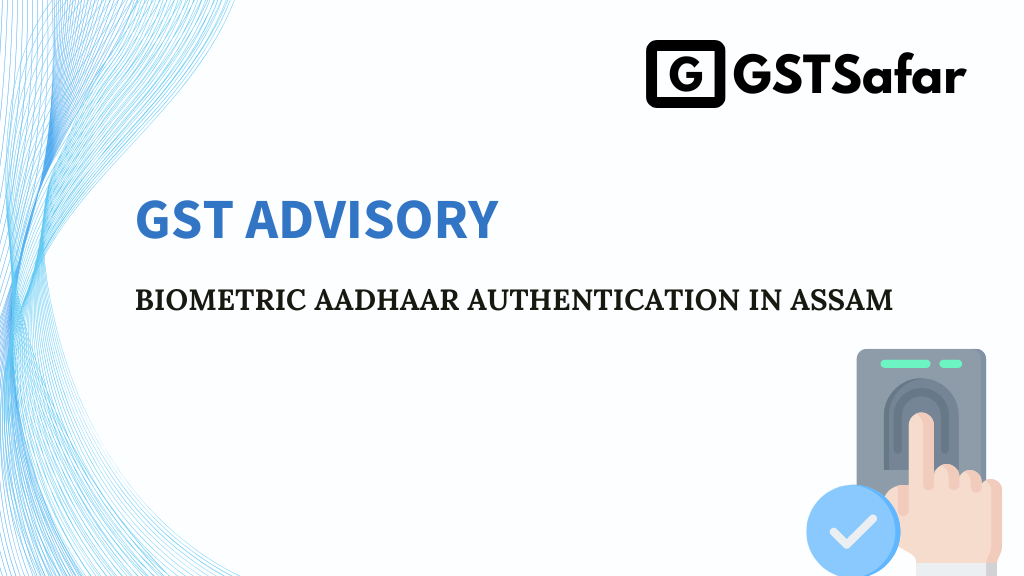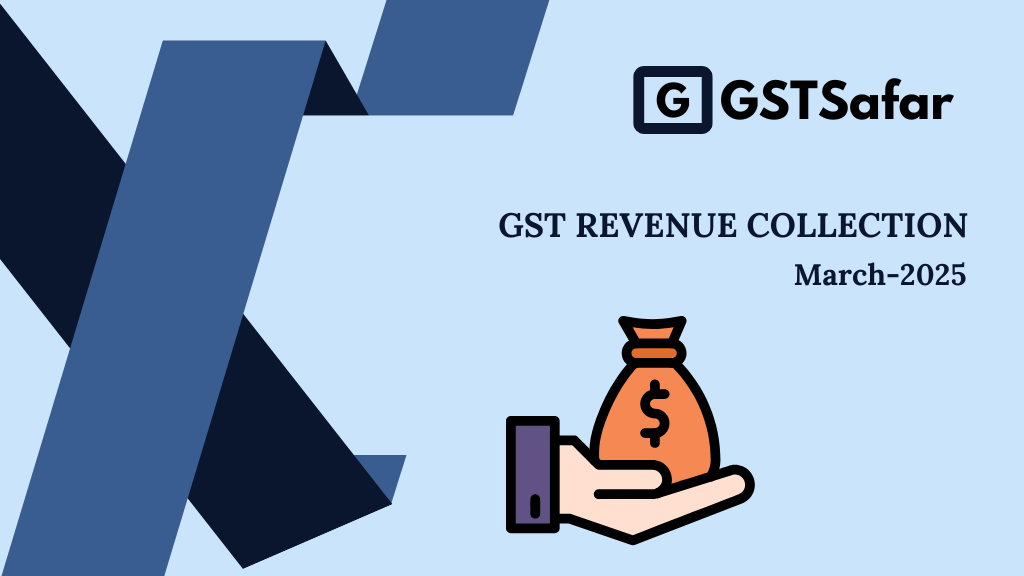Summary of the Taxability and valuation of corporate guarantee Services between related persons of the Circular No 225/19/2024.
The Government has issued Clarification regarding Taxability and valuation of corporate guarantee Services between related persons through Circular No 225/19/2024 dated 11-07-2024.On the recommendation of GST Council a new rule 28(2) to be added on 26-10-2023 through the Notification No.52/2023. This Rule provide specific method for calculation of value of the service in case company provides a corporate guarantee to bank or financial institution on behalf of related person.This changes in the rule are considered to have been in effect from 26-10-2023, even though the amendment was made later.
Key points of the Circular No 225/19/2024
- Applicability of Rule 28(2) to past transaction & intra group guarantee issued before 26-10-2023.
- Value of supply of gurantee for partly availed or not availed loan & ITC eligibility for recipient.
- GST Applicability in case of takeover of existing loans.
- GST Applicability in case of Corporate Guarantee is provided by more than one entity/co-guarantor
- GST Payment liability in case of Intra-group corporate guarantee.
- Tenure to Disharge of Tax liability on corporate guarantee
- Applicability of second proviso to Rule 28(1) in case of case fall under Rule 28(2)
- Application of Rule 28(2) in case of Export of service
1. Applicability of Rule 28(2) to past transaction & intra group guarantee issued before 26-10-2023
Rule 28(2) was introduced on 26-10-2023. If corporate guarantee was issued before 26-10-2023, the value of the guarantee should be calculated as per the previous provision of rule 28. However, if the corporate gurantee is issued or renewed on or after 26-10-2023, then the value must be calculated as per Rule 28(2) of CGST Rules,2017.
2. Value of supply of gurantee for partly availed or not availed loan & ITC eligibility for recipient.
Total amount of guarantee is value of supply of guarantee for GST calculation, in case when corporate guarantee is provided for particular amount and loan is only partly availed or not availed by the recipient. Value of guarantee is determined by risk covered not actual use of loan.
It is also clarified that the recipient of the service of providing corporate guarantee shall be eligible to avail the ITC, subject to condition specified in the Act and the Rules, irrespective of the amount of loan or its disbursement.
3. GST Applicability in case of takeover of existing loans
If the loan is transferred from one bank or financial institution to another then this transfer does not consider as providing new corporate guarantee. so, in this case there would be no GST. However, if new corporate guarantee issued or existing corporate guarantee is renewed after the loan is take over, then GST would need to be paid on that new or renewed guarantee.
4.GST Applicability in case of Corporate Guarantee is provided by more than one entity/co-guarantor
When guarantee is provided by multiple related entities together, the value of supply of services is calculated based on the following :
- If the total amount paid to all co-guarantors is more than 1% of the total guarantee amount, then GST will be calculated on that higher amount.
- If the total amount paid to all co-guarantors is less than 1% of the total guarantee amount, then each guarantor will need to pay the GST on their share of 1% of the guarantee amount.
Let’s understand with the example:
For instance, if there are two co-guarantors, A and B, who jointly provide a corporate guarantee to a banking/ financial institution on behalf a related recipient C for Rs. 1 crore, then A and B shall each pay GST on 0.5% of the amount guaranteed.
However, if in the above case of A and B providing corporate guarantee jointly to a banking/financial institution on behalf a related recipient C for Rs 1 crore, A provides guarantee for 60% of the guarantee amount and B provides guarantee for the remaining 40% of the guaranteed amount, then GST shall be payable by A and B proportionately i.e., 0.6% and 0.4% of the amount guaranteed. This is to say that A shall pay GST on 1% of the amount guaranteed by A, i.e., 1% on Rs. 60 lakhs and B shall pay GST on 1% of the amount guaranteed by B, i.e., 1% on Rs. 40 lakhs.
5. GST Payment liability in case of Intra-group corporate guarantee.
Two type of the guarantee have been covered under this :
- Domestic Corporate Guarantees: Company in india provides guarantee to a related company within the same group,The company providing the guarantee must pay the GST in Forward charge mechanism by issuing the invoice.
- Foreign Corporate Guarantees: Foreign company provides corporate guarantee for a related company in india , the recipient is responsible for paying GST under RCM.
6. Tenure to Disharge of Tax liability on corporate guarantee
- As per Rule 28(2) of CGST Rules,2017, GST will be calculated on the higher amount of following:
1% of the guaranteed amount per year or The actual payment made for the gurantee service.
- Where corporate guarantee is provided for Specific number of years then the value of service will be calculated as :
1% of the guaranteed amount multiplied by the number of years the guarantee is valid or the actual payment made for the guarantee service whichever is higher.
- Where the corporate guarantee is provided for less than a year, like 6 months , the value of the service will be calculated on a proportional basis. it means the value would be half of 1% of the guaranteed amount or actual payment made for the service whichever is higher.This ensures that the GST is calculated based on the length of time the guarantee is provided.
- Example : if a corporate guarantee is issued for a period of say five years, then the value of such guarantee is to be calculated at one per cent per year of the amount of such guarantee offered, or the
actual consideration, whichever is higher, i.e., the value of such corporate guarantee provided would be 5% of the amount guaranteed or the actual consideration, whichever is higher. Therefore, GST would be payable on such amount at the time of issuance of such corporate guarantee, i.e., 5% of the amount guaranteed or the actual consideration, whichever is higher. - Where the corporate guarantee is issued for one year and then renewed each year for five years, GST must be paid each time the guarantee is issued or renewed.
For each year, the GST is calculated based on 1 % of the guaranteed amount or the actual payment made for the guarantee, whichever is higher. it means you pay the GST on the guarantee in the first year, and then again on each renewal in the following years.
7. Applicability of second proviso to Rule 28(1) in case of case fall under Rule 28(2)
A new proviso has been added to sub rule (2) of Rule 28 of CGST Rules,2017. it states that if the recipient of the corporate guarantee can fully claim the ITC, the value declared in the invoice can be treated as the open market value.
The above proviso is applicable in case corporate guarantee is provided between related persons.This simplifies the process because the declared invoice value is accepted without needing further calculations.
8. Application of Rule 28(2) in case of Export of service
If the corporate guarantee service is provided to a related person who is outside india,Rule 28(2) do not apply. Different rules apply for valuing these exported services. It is as per the amendment done in Rule 28(2) which is effective retrospectively from 26-10-2023 through the Notification No 12/2024-CT dated 10-07-2024.
